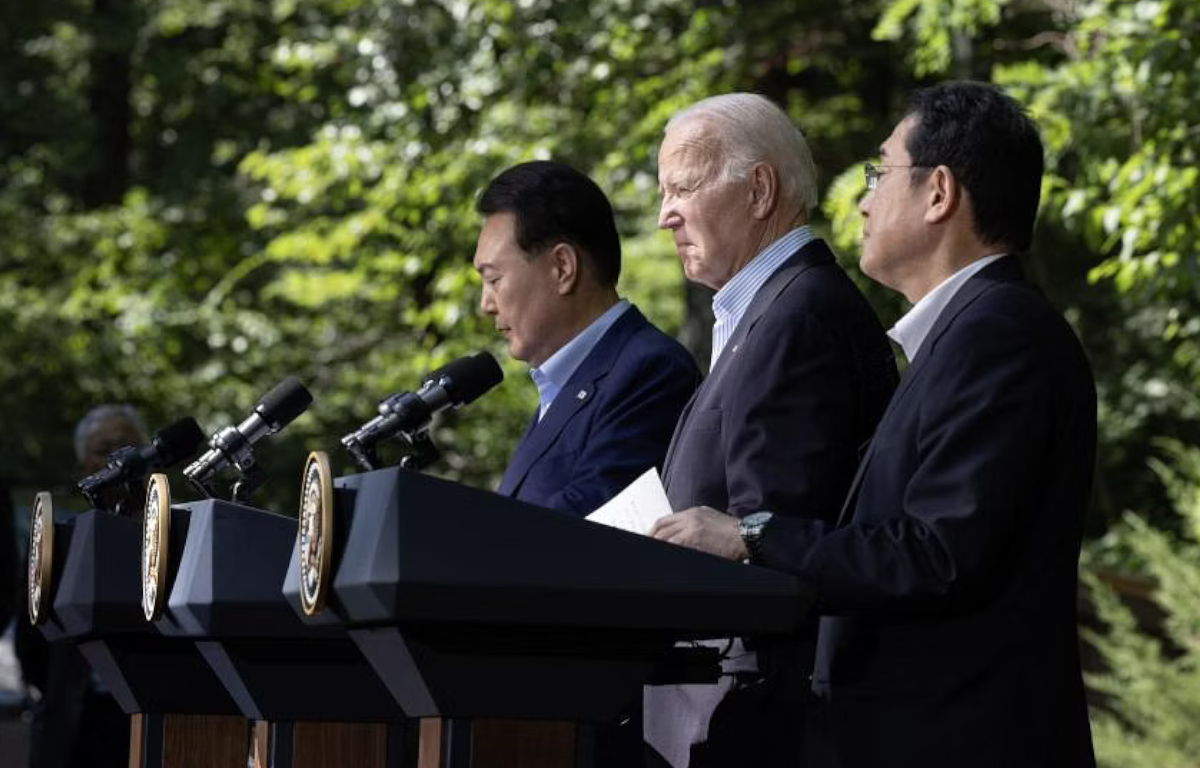
Sanctions, as a diplomatic tool, have evolved significantly over the years. Traditionally, they involved economic restrictions such as trade embargoes and asset freezes. In recent times, however, they have grown more sophisticated. Sanctions now encompass a wide array of measures, including targeted sanctions on individuals and entities, travel bans, and even cyber sanctions.
China’s rise as an economic powerhouse has reshaped the global sanctions landscape. The country’s vast market and influence over global supply chains make it a complex and formidable adversary in the realm of sanctions enforcement. With the world heavily dependent on Chinese goods and manufacturing, many nations tread cautiously when considering measures that could provoke China.
One of the key challenges in enforcing sanctions against China is the ingenuity of entities and individuals seeking to evade them. China’s corporate landscape is intricate, and entities often have complex ownership structures that can be challenging to trace. This opacity can be exploited by those seeking to circumvent sanctions.
Furthermore, China has been accused of facilitating sanctions evasion by rogue nations, such as North Korea and Iran, through clandestine trade routes and financial channels. The widespread use of cryptocurrencies and digital payment systems has further complicated efforts to track and intercept illicit transactions.
China’s diplomatic prowess plays a pivotal role in its ability to resist and mitigate the effects of sanctions. The country’s ability to secure support from other nations, particularly those with shared interests, has allowed it to dilute the impact of sanctions.
China’s Belt and Road Initiative (BRI), for example, has led to extensive economic ties with numerous countries, making these nations less willing to support sanctions that could harm their own economic interests. Chinese diplomats are adept at using leverage to garner support and dilute the effectiveness of sanctions efforts.
Advancements in technology have further complicated sanctions enforcement. As China continues to lead in areas like 5G technology and artificial intelligence, it can potentially harness these innovations to bolster its sanctions evasion capabilities. Enhanced encryption, cyber warfare tactics, and surveillance tools all provide opportunities for China to counteract sanctions measures.
Enforcing sanctions against China has always been a complex endeavor, given its economic might and diplomatic influence. Recent developments, however, have made this task even more challenging. Evasion tactics, diplomatic maneuvering, and technological advancements have collectively strengthened China’s ability to resist and mitigate the effects of sanctions.
As nations grapple with the evolving landscape of sanctions enforcement, they must adapt their strategies to confront these new challenges. This may involve closer international cooperation, improved intelligence sharing, and the development of innovative tools to trace and disrupt illicit financial flows. The future of sanctions enforcement against China will undoubtedly be shaped by the ability of nations to navigate this complex and ever-evolving landscape.










Share this: